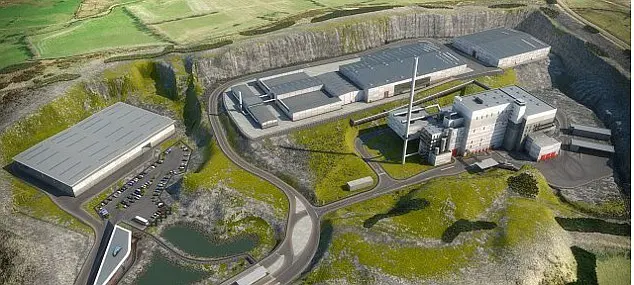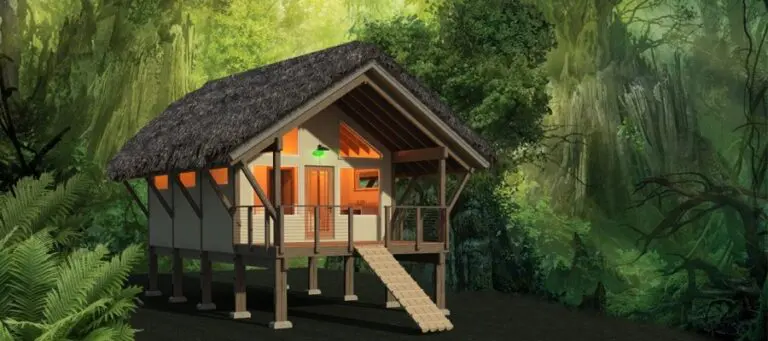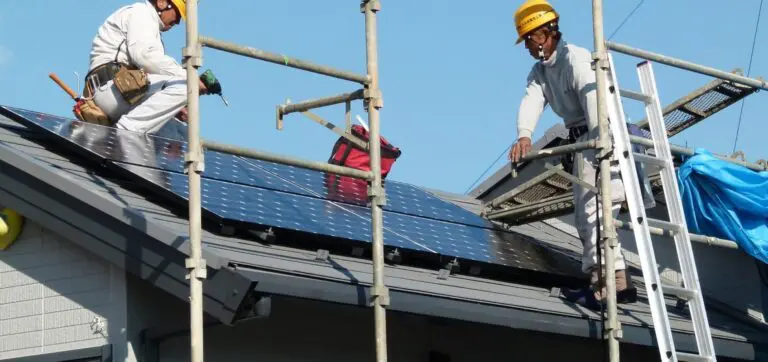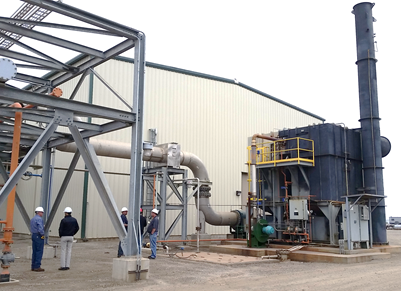A planning application for a £240 million waste to energy and Mechanical Biological Treatment (MBT) facility in Northern Ireland has been submitted by the Becon Consortium.
The consortium is backed by waste to energy developer the Energy from Waste group (EEW) which is owned by EQT Infrastructure (51%), a group of leading private equity funds and E.ON SE (49%).
The proposed project would be developed as part of the ongoing arc21 procurement process. Arc21 is the umbrella waste body for 11 Councils in the East of Northern Ireland.
According to Becon, the infrastructure will enable its constituent councils to meet European landfill diversion targets and manage their waste more sustainably.
Technology
The MBT facility would have a capacity to process up to 300,000 tonnes of waste per year, but is expected to handle closer to 245,000 tonnes.
Following the extraction of recyclable materials such as metals and plastics the remaining waste will be dried in tunnels before being turned into a Refuse Derived Fuel (RDF) for combustion in the facility’s thermal treatment waste to energy plant.
It is expected that around 211,000 tonnes of the waste processed in the MBT facility will ultimately be sent to the waste to energy plant as RDF, although arc21 noted that this figure is based on an assumed composition.
The waste to energy plant is designed to export around 14MW of electricity to the grid, with the possibility of exporting a further 10MW of energy as heat.
The application
Thes facility is planned to be co-located in the existing Hightown Quarry on the Boghill Road, near Mallusk.
Becon explained that the site was chosen following a careful selection process and was considered the best available location as it is centrally located in the arc21 area and has good connections to the primary road network and the national electricity grid.
Importantly, the developers noted that as an active industrial quarry site it is of sufficient size and scale to absorb the scheme and lends itself well to visual screening and noise shielding.
According to Becon, the application also follows a period of extensive community consultation and pre-application discussions with statutory consultees between March and November 2013 as well as recent considerations by all eleven constituent councils.
As part of the planning application the developer said that detailed environmental impact assessments have been carried out on the proposals and have included an independent voluntary Health Impact Assessment.
Material recycling
The applicants said that the project will complement existing and future waste reduction, reuse and recyclingprogrammes to maximise recycling levels and create a sustainable energy source from the remaining residual black bin waste which cannot be practically recycled.
According to Becon, the proposed facilities will help arc21’s 11 Councils to not only meet their EU landfill reduction targets, and therefore avoid potential fines, but also help increase overall recycling levels within the arc21 area by up to 10%.
“This project represents the latest stage in our strategy to view our waste as a resource and builds on the good progress we have made over the last decade,” commented Ricky Burnett, policy and operations director at arc21.
“While we will continue to pursue challenging recycling targets, there will always be residual waste remaining, which we must stop sending to landfill,” he added.








